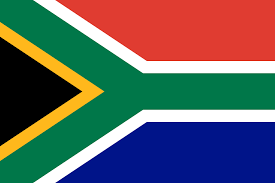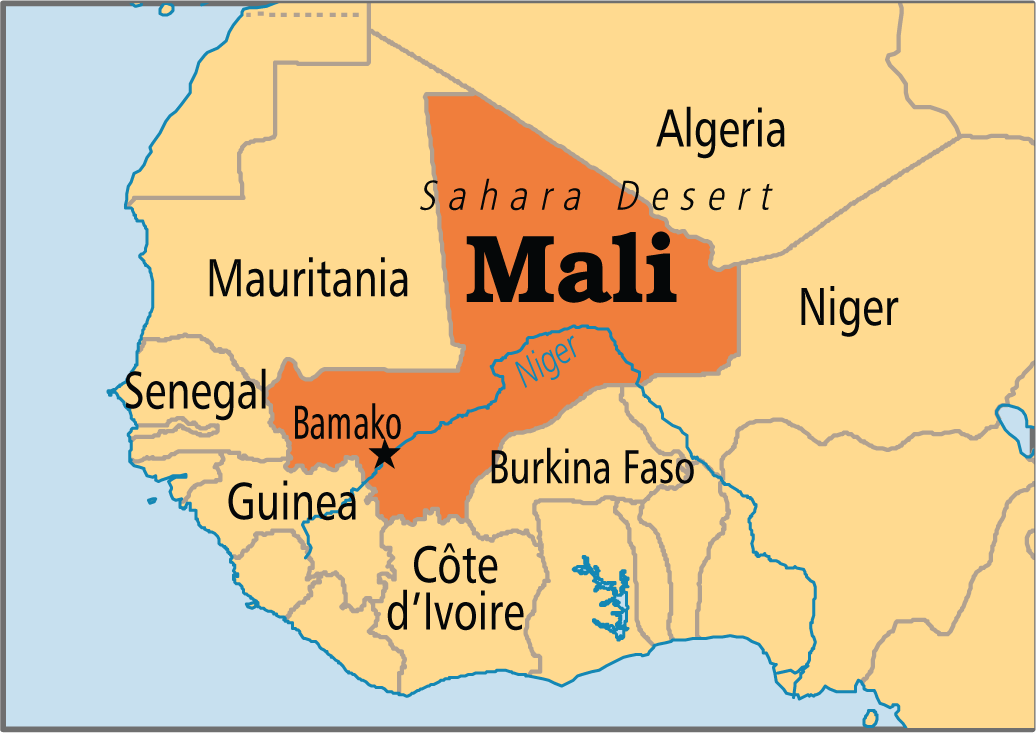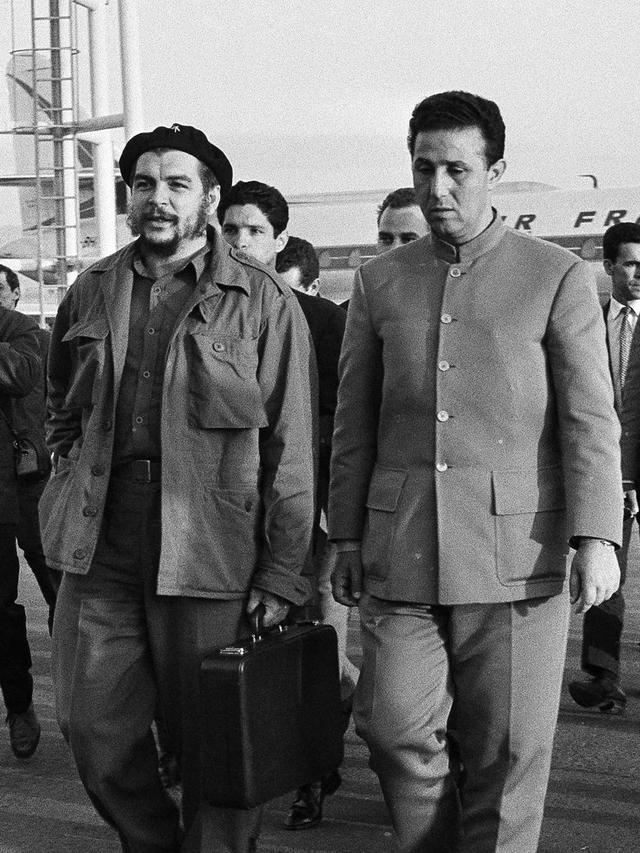
Europe’s Priorities to Cushion Africa
21 September, 2021

Foreign Competition In Guinea: The Scramble For Natural Resources
22 September, 2021

France's Worries About Wagner's Alleged Deployment To Mali Make No Sense
26 September, 2021

France’s Relationship With Former Maghrebi Colonies Hits Rock Bottom
14 October, 2021

The Dilapidated Misery of Sahel
14 October, 2021

Wagner: Putin’s secret weapon on the way to Mali?
23 October, 2021
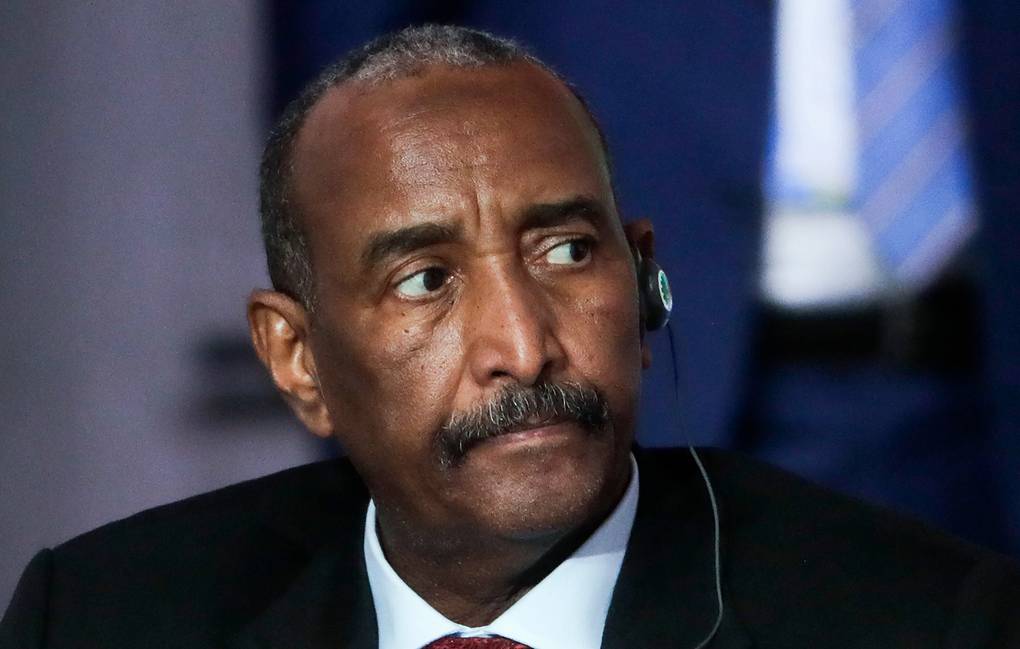
What Next After Sudan Changes Guards At The Crossroad?
27 October, 2021

Morocco And Algeria On The Edge Of The Precipice
29 October, 2021

The Impact of Climate Change on Africa’s Economies
4 November, 2021

France and Africa: Towards a New Model of Relations?
9 November, 2021

The State and Future of Africa
27 January, 2022

The slow construction of Africa’s Great Green Wall
30 January, 2022
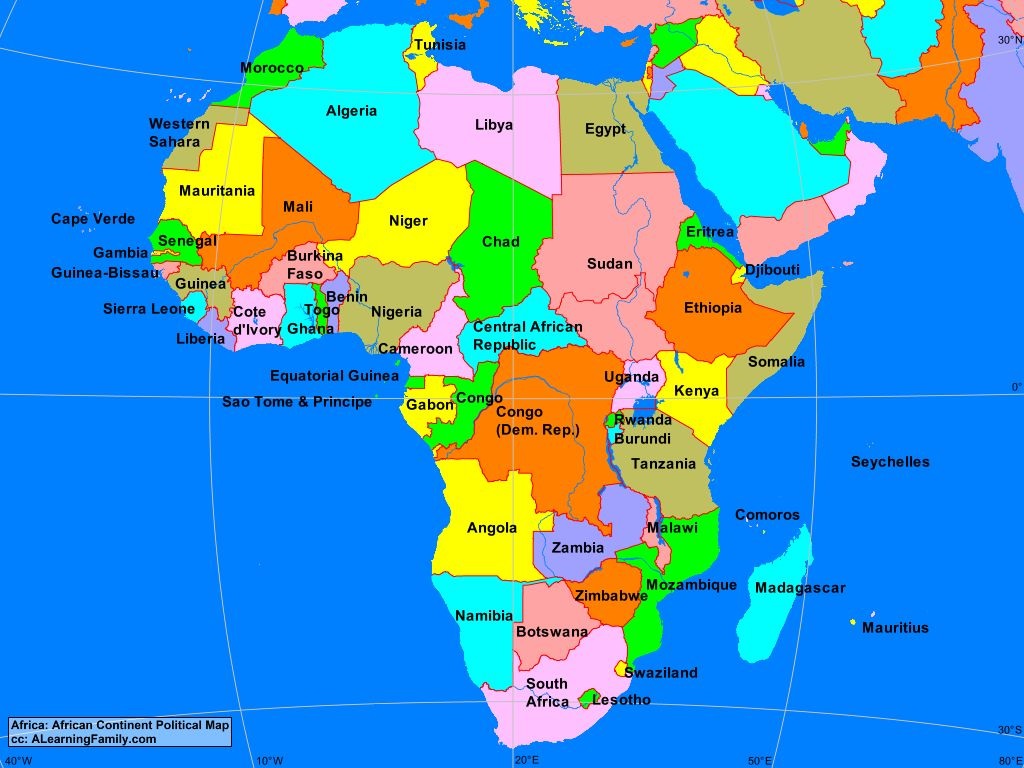
What Does 2022 Have In Store For Africa?
12 February, 2022
News
powered by Surfing Waves
Support ASCARF
ASCARF is a tax-exempt Public Benefit Organisation (PBO) that supports Public Benefit Activities (PBA). ASCARF appreciates your donations to develop the mission into global online Research Center. All accumulated funds to be forwarded to our Public Benefit Activities and outstanding authors. Thank you in advance!

